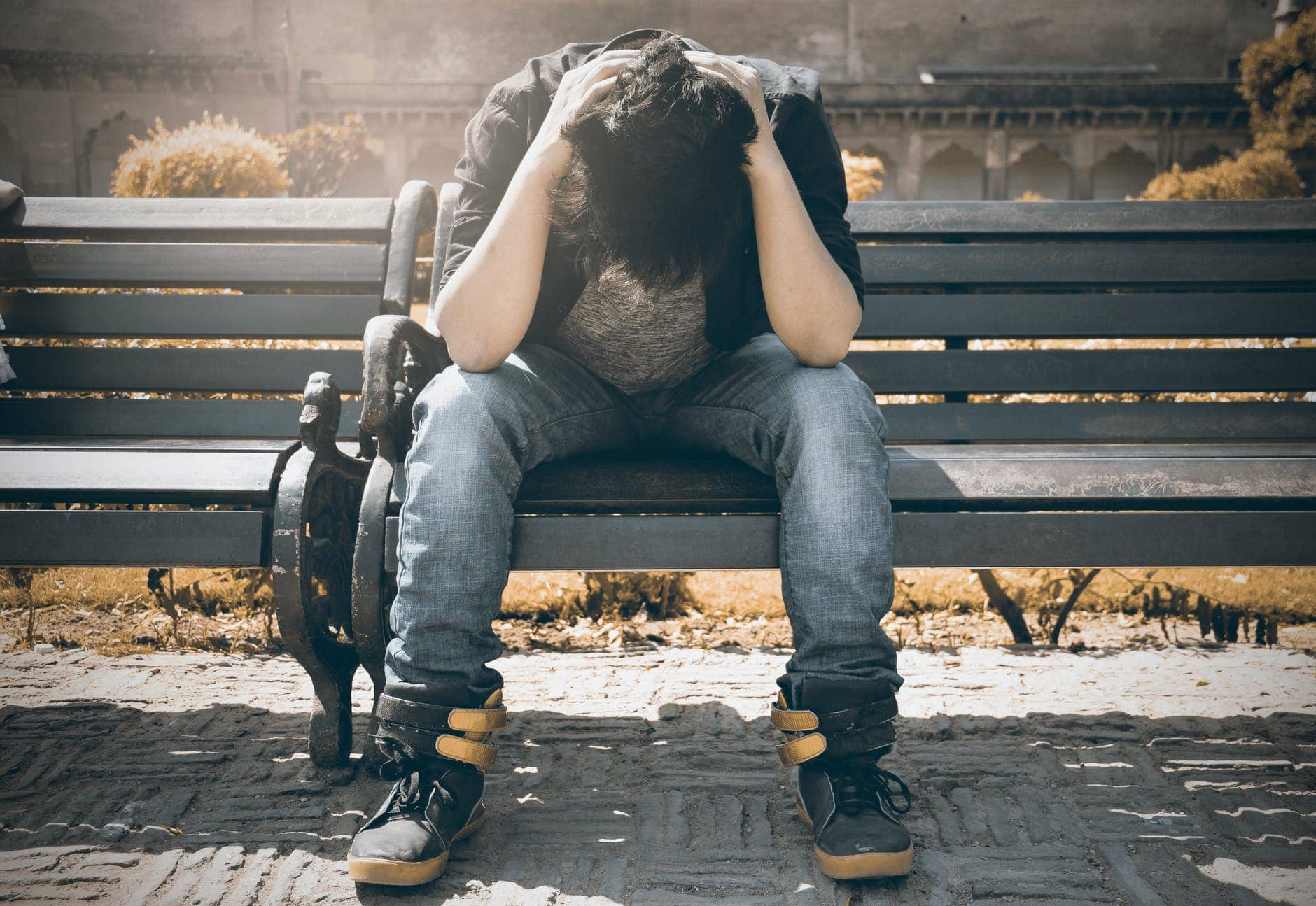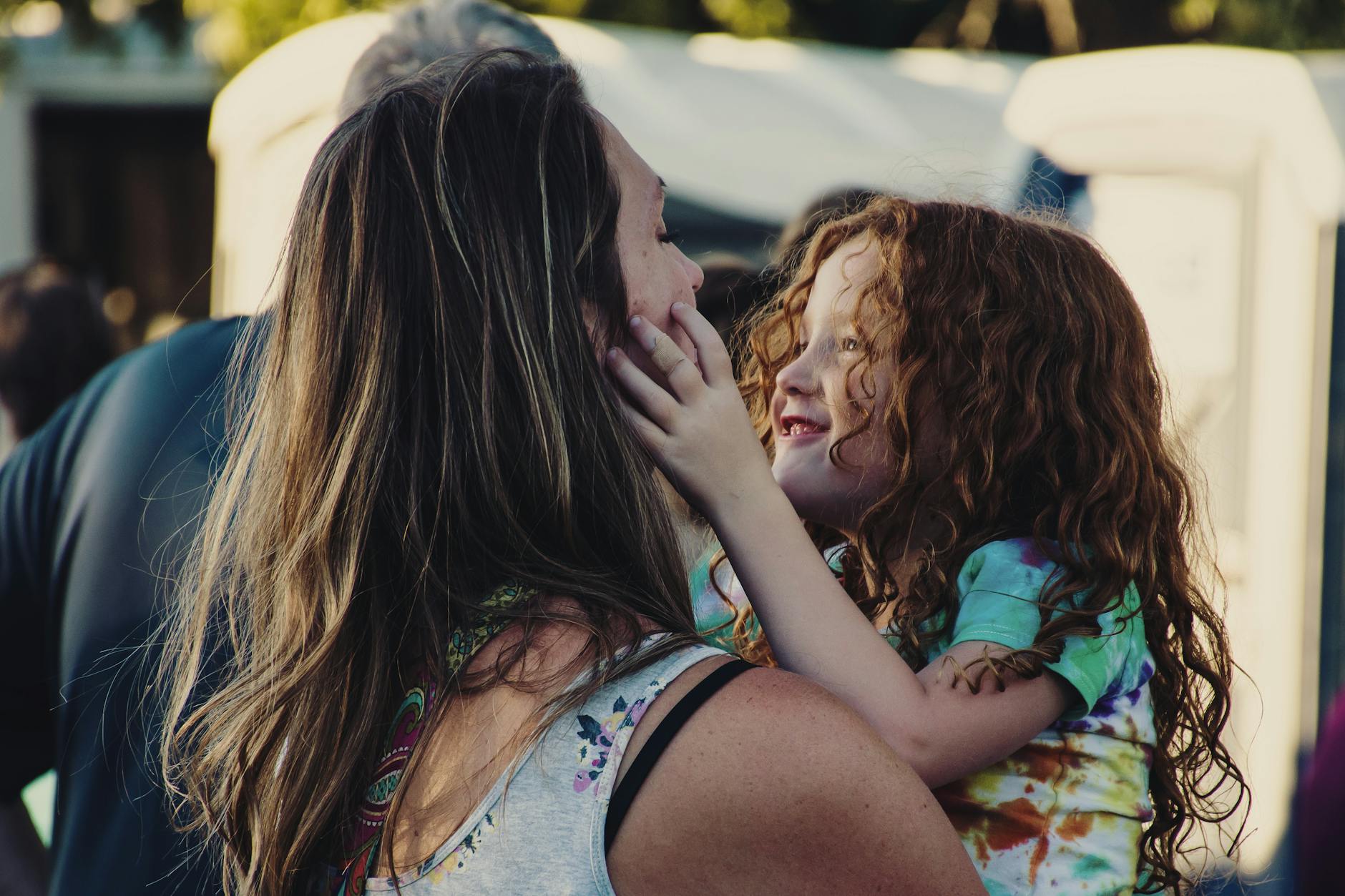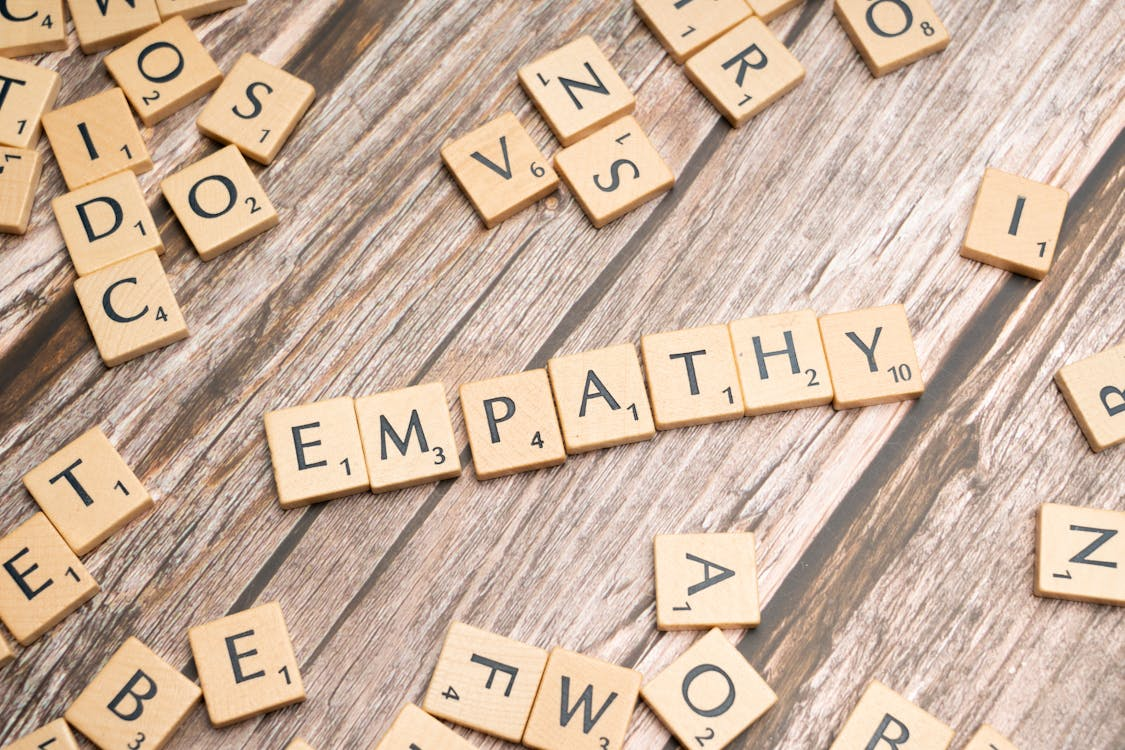See These Important Tips for Parents & Teachers to Help Children/Teens with Depression

What does depression feel like and how can it impact us?
Depression is a long-lasting feeling of deep sadness and/or emptiness that interferes with a person’s functioning.
It can make everyday tasks like self-care or schoolwork feel impossible.
Imagine trying to do several things while you feel very sick. That is just what depression can feel like.
Depression can manifest as chest pain, a lump in the throat, sweating, chills, crying, muscle aches, digestion issues, social withdrawal, intrusive thoughts and feelings, a lack of care for oneself and much more.

How is depression diagnosed?
Depression can be diagnosed by a psychologist, psychiatrist, licensed counselor or social worker, etc. Practitioners and clinicians utilize the Diagnostic Statistical Manual of Mental Disorders Fifth Edition (DSM – 5) to determine if an individual meets criteria for a diagnosis of depression.
The DSM-5 outlines the following to meet criteria for a diagnosis of depression.
The individual must be experiencing five or more symptoms during the same 2-week period and at least one of the symptoms should be either (1) depressed mood or (2) loss of interest or pleasure.
- Depressed mood most of the day, nearly every day.
- Markedly diminished interest or pleasure in all, or almost all, activities most of the day, nearly every day.
- Significant weight loss when not dieting or weight gain, or decrease or increase in appetite nearly every day.
- A slowing down of thought and a reduction of physical movement (observable by others, not merely subjective feelings of restlessness or being slowed down).
- Fatigue or loss of energy nearly every day.
- Feelings of worthlessness or excessive or inappropriate guilt nearly every day.
- Diminished ability to think or concentrate, or indecisiveness, nearly every day.
- Recurrent thoughts of death, recurrent suicidal ideation without a specific plan, or a suicide attempt or a specific plan for committing suicide.
As a parent, teacher or counselor it is important to know the warning signs of depression (see below):
- Negative comments about oneself (e.g., I am stupid)
- Lack of belief in oneself (e.g., I can’t do it)
- Lack of motivation to care for oneself
- Lack of interest in activities previously enjoyed
- Withdrawing from friendships or social situations
- Missing school
- Challenges focusing on schoolwork
- Challenges focusing on everyday conversations
- Appearing to be sad or gloomy
- Appearing tired and having low energy
- Expressing feelings of guilt or shame (e.g., what is wrong with me, I don’t deserve anything good)
- Feeling a loss of hope that anything good will occur
- Changes in eating habits (e.g., eating too much or too little)
- Lack of motivation to complete simple and/or complex tasks
- Thoughts or actions related to self-harm
If a child or adolescent (or adult) is experiencing one or more of these symptoms, they may need help right away to prevent the situation from becoming even more difficult.
It is so important that we don’t ignore the problem or criticize it.
Instead, we need to give our youth the research-based resources to support their needs.

Steps parents or guardians can take to ensure they are meeting their child’s needs in a period of depression include:
- Talking to their child’s pediatrician or family doctor for guidance.
- Looking for a counselor or agency for youth in that specializes in depression
- Utilizing resources available:
For instance, on the NAMI website, they provide information for youth, families, teachers, etc. for how to best support children with mental health needs such as depression, anxiety, bi-polar, etc. at home, in school, and in the community.
Related Articles: Does Cognitive Behavioral Therapy Work for Anxiety and Depression? and 6 Types of Psychotherapy for Depression.
Four important tips to help a child with depression:
1. Children (and teens) benefit from having a supportive adult role-model in their corner.
This means someone who wants to spend time with them, listen to them, support their dreams, be compassionate and empathetic with them, and encourage open conversations with them.
Having a trusting relationship with a youth makes it less likely that they will hide something from you, and more likely that you will spot warning signs.
For some children, they find positive support through an organization like Big Brothers and Big Sisters of America.
Adults should stay away from statements that may cause children to feel judged or blamed (e.g., ugh, you’re such a downer, you ruin everything with your bad mood).
2. Be open and available, but not pushy.
Do not push your child to interact past a point where they are comfortable.
Respect their boundaries (e.g., yes mom/dad, we can talk about my day at school but then I want to spend some time in my room).

Allowing space (when safe) will help to build a foundation of trust.
If you ever have concerns that your child could harm themselves, call 911 or your local emergency number. You can also take your child straight to your local emergency room.
3. Encourage a healthy lifestyle.
Research shows that healthy eating and regular exercise boost mood and decrease depression. Exercise and healthy eating also increase self-esteem and confidence and reduce anxiety.
With kids, sometimes they are opposed to exercise unless it feels fun. What will get your child motivated? Here are some suggestions:
- Dancing
- Jump rope
- Sports
- Tag
- Youtube kids workout
- Racing
- Yoga
- Walking
- Biking
- Hoola-Hooping
Maybe they can do five minutes of exercise for five minutes of their favorite app or youtube video.
A healthy sleep schedule is also beneficial in the reduction of depression. Less than six hours per night of sleep is shown to increase depression.
If your child has trouble sleeping, speak to their doctor for guidance.
4. Help youth develop meaningful connections.

People often feel better when they connect with those who have similar interests or goals. For instance, does the child/teen like camping, video games, music, computers, art, science, etc.
How can we connect them with other students with similar passions? There are now virtual and non-virtual options for connecting youth.
Do a Google search or talk to your child’s school to find out what local or virtual clubs are available. Some youth also connect in support groups under the guidance of a licensed counselor or clinical social worker.
You can check with a local or virtual counselor or mental health agency about support groups for children in your area.
Parents and teachers can also organize activities and events to bring children and families together.
In summary, there are many strategies to help a child with depression.
Some of the top strategies parents (or teachers in some situations) can use include:
- Talking to the pediatrician or family doctor for guidance
- Looking for a counselor or agency that specializes in depression in youth (e.g., do they have training in cognitive behavior therapy, dialectical behavior therapy, etc.)
- Utilizing resources available (e.g., NAMI).
- Providing positive emotional support
- Being open, but not pushy
- Enncouraging a healthy lifestyle
- Helping to foster opportunities for connections between youth and families
Education and Behavior – Keeping Us On the Same Page for Kids!

Rachel Wise is the author and founder of Education and Behavior. Rachel created Education and Behavior in 2014 for adults to have an easy way to access research-based information to support children in the areas of learning, behavior, and social-emotional development. As a survivor of abuse, neglect, and bullying, Rachel slipped through the cracks of her school and community. Education and Behavior hopes to play a role in preventing that from happening to other children. Rachel is also the author of Building Confidence and Improving Behavior in Children: A Guide for Parents and Teachers.
“Children do best when there is consistency within and across settings (i.e., home, school, community). Education and Behavior allows us to maintain that consistency.”









